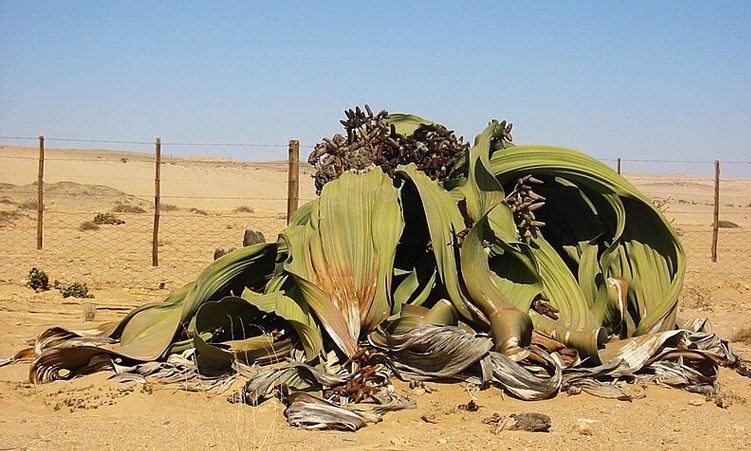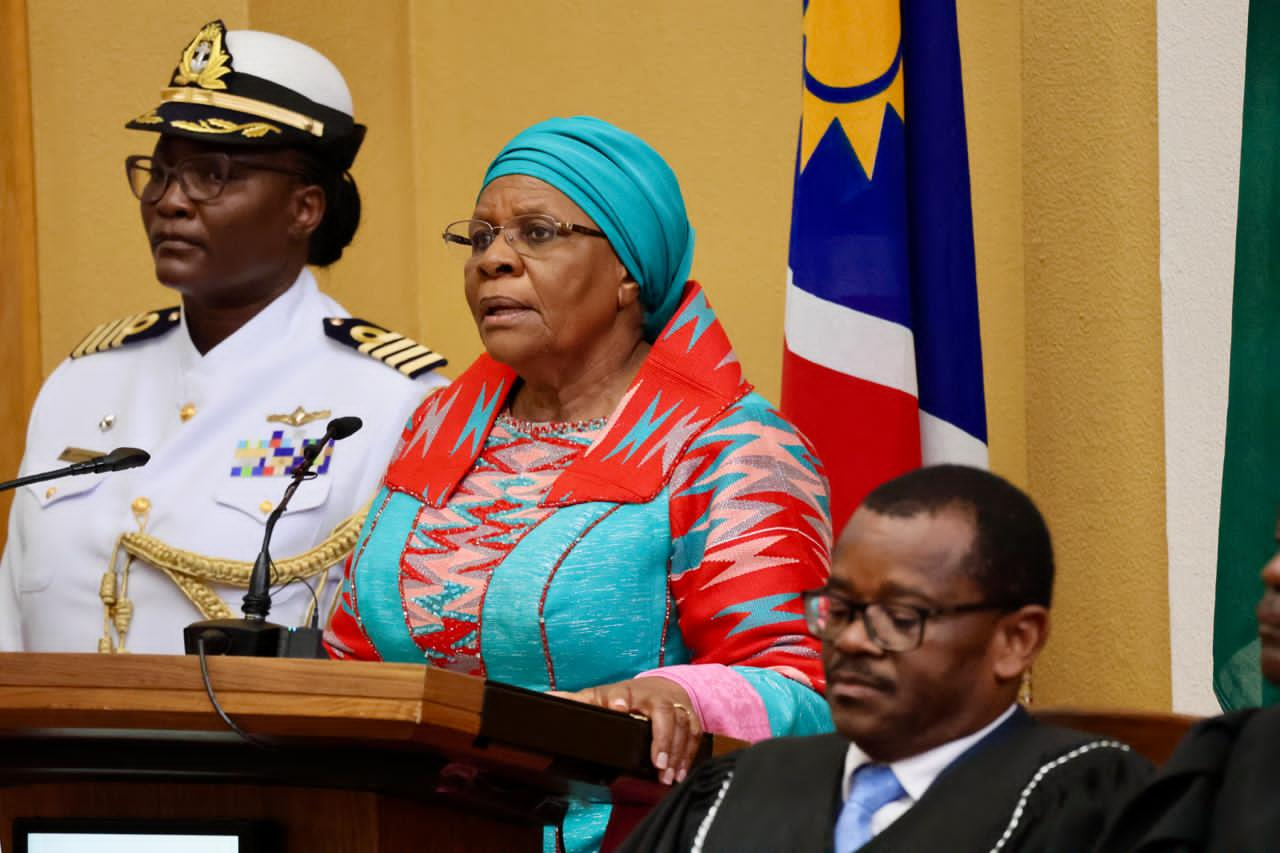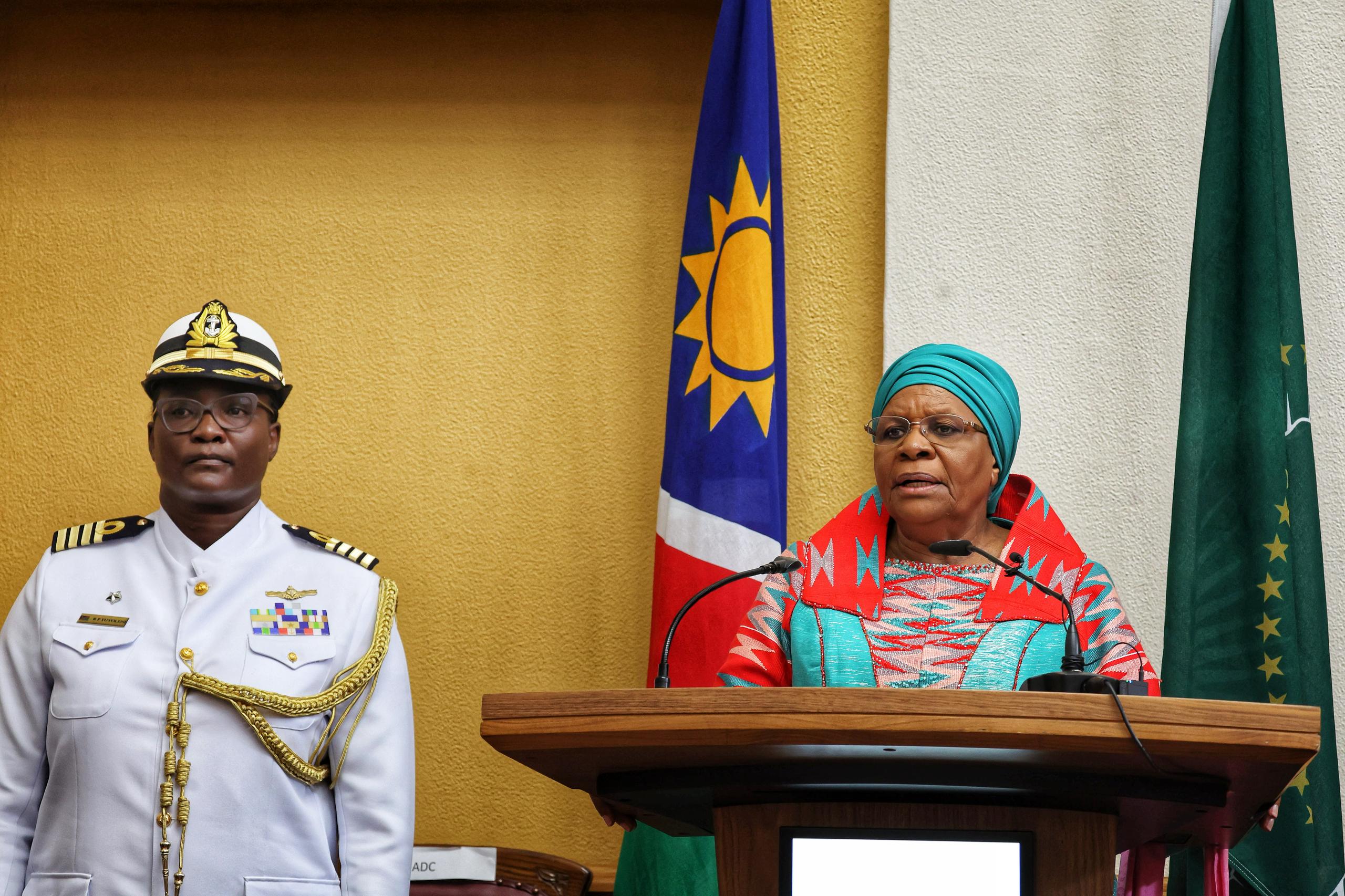Indigenous knowledge systems play a vital role in fostering climate resilience, biodiversity conservation and sustainable livelihoods.
Minister of environment, forestry and tourism Pohamba Shifeta said this recently at a side event at the 29th Conference of Parties to the United Nations Framework Convention on Climate Change (COP29) in Baku, Azerbaijan.
He said traditional knowledge related to medicine, agriculture, fisheries and food preservation is an important survival tool, which enabled people in the past to live in harmony with the natural environment while supporting their livelihoods.
Therefore, effective steps aimed at addressing climate change, biodiversity conservation and land restoration should be taken to the benefit of local and indigenous communities.
Shifeta said Namibia’s long-standing commitment to this is demonstrated by the famed Community-Based Natural Resources Management (CBNRM) programme, and that the side event was “a timely reminder of this important principle that must drive our actions”.
He said long before modern knowledge management systems and practices were introduced to Africa, local and indigenous communities used indigenous knowledge to adapt to climate variability.
They transferred this information from generation to generation through storytelling and other cultural practices.
This information, he said, includes how Africans managed land, water and healthcare through traditional methods.
Namibia has made good progress in integrating indigenous knowledge and practices into the mainstream programming of the country, which has had a positive impact on communities.
The United Nations has also acknowledged that since Namibia’s independence in 1990, the government has made strides in mitigating destructive legacies left by colonialism and apartheid.
“One of these shameful acts has been ignoring the knowledge held by local communities and indigenous people, and not sharing decision-making with them. This results in actions that are ill-informed and less than impactful,” Shifeta said.
He said Namibia will continue to look for ways to improve the plight of local communities and the marginalised.
The side event was organised by the Commonwealth Secretariat.
Pohamba said the Living Land Charter, which Namibia has adopted at the Commonwealth head of governments meeting held in Kigali, Rwanda, in June 2022, has brought to the fore the importance of local and indigenous people to climate action, biodiversity conservation and land restoration.
The Living Land Charter is an agreement signed by 56 Commonwealth member countries to safeguard global land resources, take coordinated action to address climate change, biodiversity loss and land degradation, and to promote climate-resilient and sustainable land management.
Stay informed with The Namibian – your source for credible journalism. Get in-depth reporting and opinions for
only N$85 a month. Invest in journalism, invest in democracy –
Subscribe Now!










